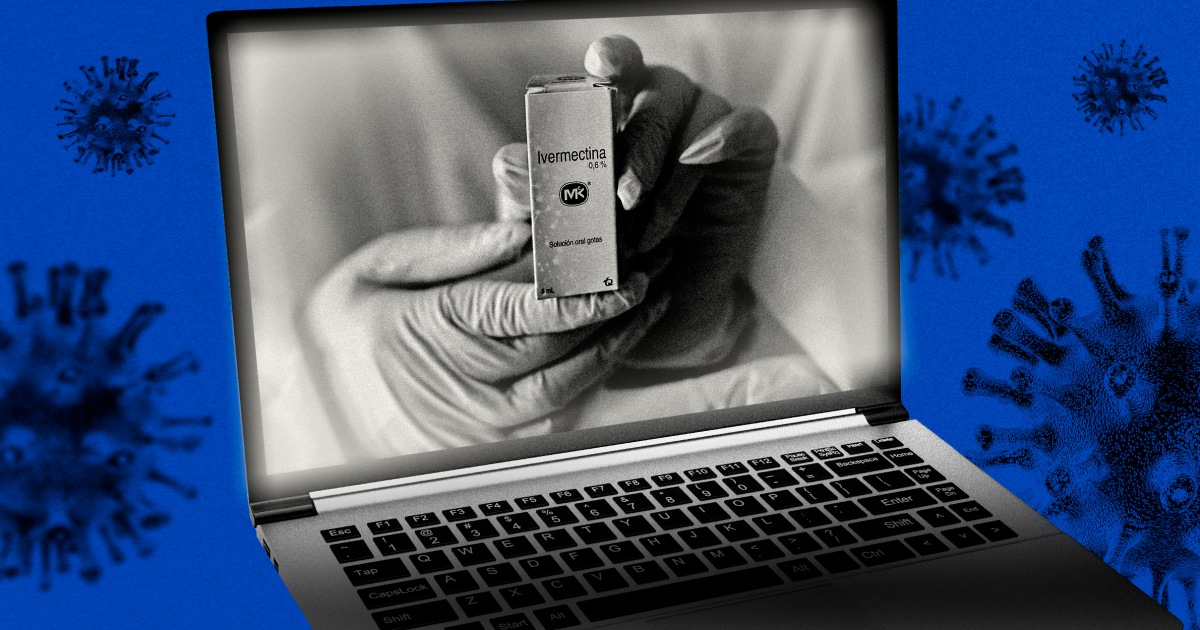Ivermectin As a COVID-19 Therapy
Derek Lowe's commentary on drug discovery and the pharma industry. An editorially independent blog from the publishers of Science Translational Medicine. All content is Derek’s own, and he does not in any way speak for his employer.
I last wrote about ivermectin here, but I’m getting so many question about it that I need to revisit the topic. Although (I’ve said this before), I believe that I will regret doing it, because I expect the signal/noise in the comments section to degenerate to mid-pandemic levels in response.
The mechanistic story here has always been confused, but to be honest, that doesn’t bother me too much. There are a lot of effective drugs whose exact mechanisms we’re unclear about. But keep in mind that if you argue in favor of ivermectin because of its antiviral activity in cell assays, that these levels are far off of what is reached in the reported clinical effects (when there are any – see below). You can’t have both of those arguments working at once: if you build your case on the in vitro results, then you need to regard most of the clinical data as having been dosed at far too low a level to be relevant. I’m not interested in fighting about the mechanism of action, though – the real question is, does it work? If it does, we can figure out how it happens later.
My current opinion is pretty much exactly that of the WHO guidance: I do not think that the current evidence is strong enough to say that ivermectin is a useful therapy for coronavirus patients. I know that there are quite a few studies out there in the literature, but they suffer from various combinations of small sample size, poor trial design, not enough data reported, and (in many cases) inconclusive statistics. I think that WHO page does a solid job of evaluating the literature to that point, and overall, the better the quality of the evidence, the more it tends to show little or no effect of ivermectin.





















